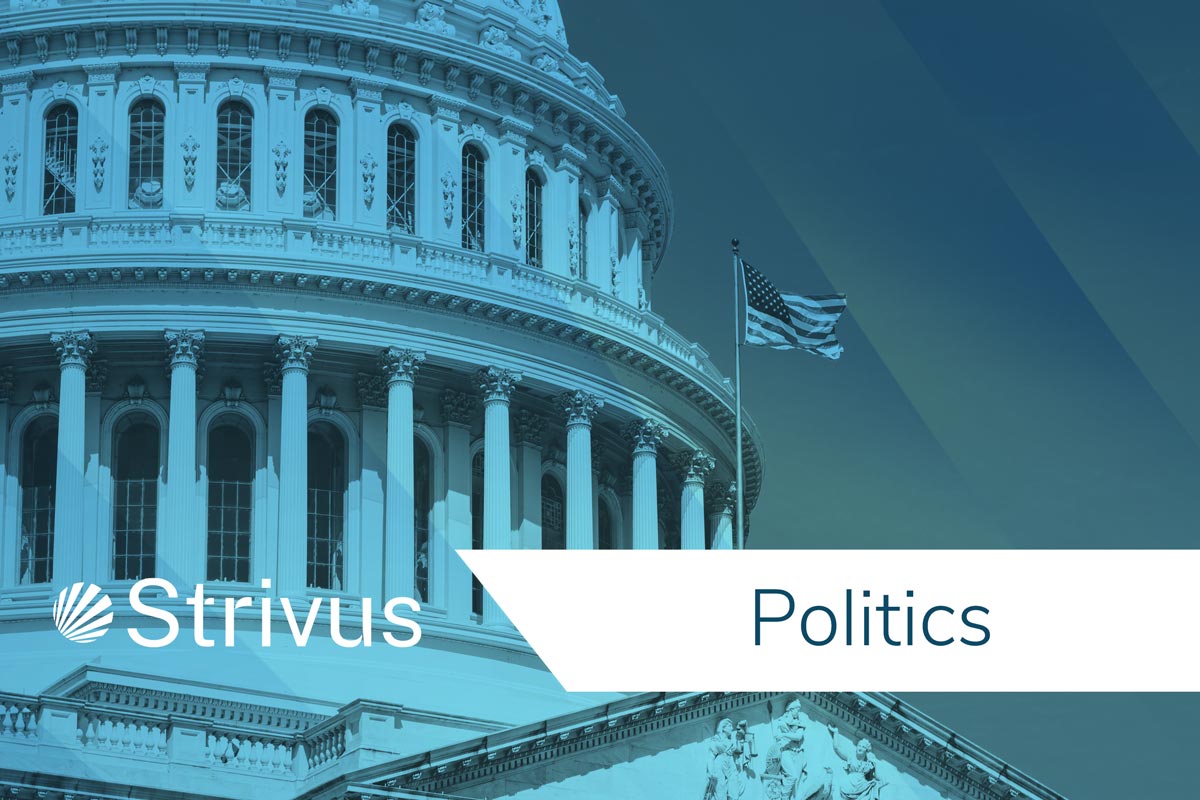Education

National Debt Considerations

On last week’s Van Wie Financial Hour radio program, we received a phone call late in the hour from a listener obviously concerned (as we all should be) about our rapidly-escalating national debt. Trillion Dollar annual deficits and the rising national debt have become commonplace, but elected officials in Washington, D.C. don’t seem to care. Spending is a nonpartisan problem, as Republicans and Democrats are equally guilty.
While we frequently agree with our concerned callers, we also have a duty to advise clients and listeners as to what we believe is their best financial course of action. Theory and good practice have not always aligned themselves. An organization that grows its debt far more quickly than it grows revenues will eventually run into financial difficulty.
Under George W. Bush, our debt grew substantially. Under Obama, the total debt of all prior Presidents debts doubled. President Trump’s deficits are approximating those of Obama’s. Should a rational financial advisor predict that this time will different, and that the country will collapse soon? Our experience and recent history would dictate otherwise.
Whether an investor should avoid equity markets, hide cash in the mattress, and ruin his or her daily life is a personal decision, but would be a colossal waste. Market corrections will happen; when, and of what magnitude, are impossible to predict. Intelligent investors, along with their advisors, make a plan, monitor the results, and make changes as needed.
In the long run, there are three ways for a country to get out of debt.
- One, it can spend less than its own revenues. This concept has no support among the elected class.
- Two, it can print money to cover its own overspending. This has so much support in Washington that they created the Federal Reserve to do the dirty work for them. Of course, this ultimately becomes highly inflationary.
- Three, it can default on its debts, but of course this is unacceptable to nearly everybody.
Another idea gathering steam these days is the creation of a new, fully-electronic currency (a form of crypto-currency). We believe that this would be dangerous to the American economy.
None of these debt “solutions,” except less spending, is palatable to us, either as investors or as financial advisors. At Van Wie Financial, we recommend prudent investing, including diversification.
Van Wie Financial is fee-only. For a reason.
